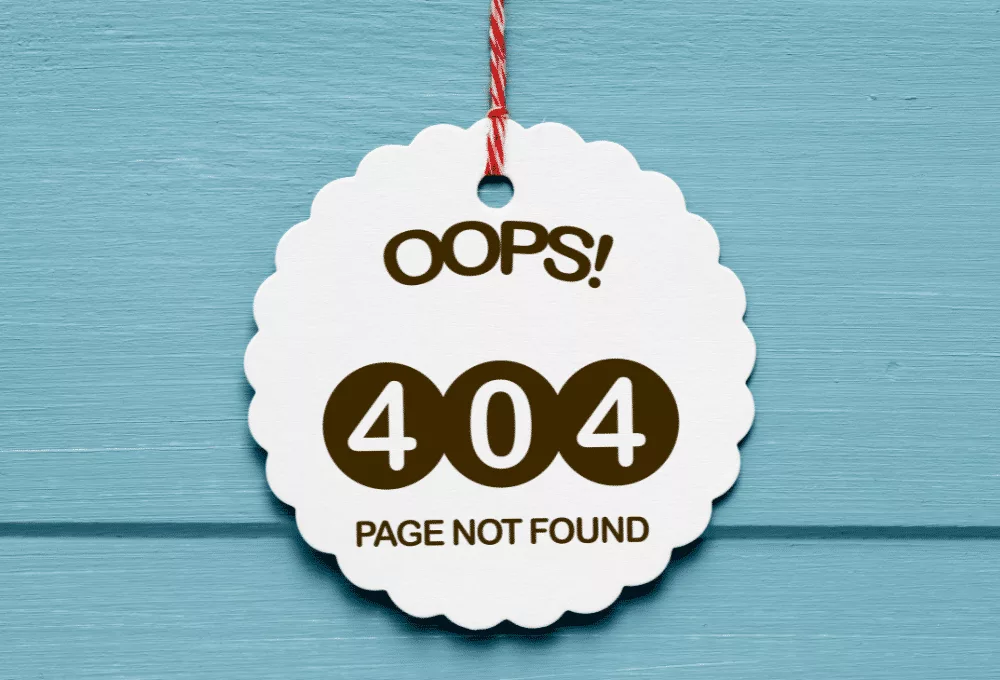When diving into a software development project, one crucial point that every client should pay attention to is the warranty or guarantee clause. Such a provision helps assure clients that the software they receive will perform as specified and provides remedies for instances where it falls short.
A software development project is a significant investment, so a well-outlined warranty is key. It gives the client peace of mind, knowing that the developer is obligated to fix any defects or errors that are discovered post-delivery. Not only does it secure the client’s investment, but it also builds trust and confidence in the developer’s skills and reliability.
Let’s explore the different aspects of a well-structured warranty clause in a software development contract.
The Elements Of A Good Warranty Clause
A comprehensive warranty clause in a software development contract should clearly define what constitutes a ‘defect’. Without a precise definition, disagreements could arise over what issues fall within the scope of the warranty.
The scope of the warranty is crucial. It should clearly state what parts of the software it applies to, the warranty period’s duration, and any attached terms and conditions. The scope also shapes the developer’s responsibilities and identifies any exclusions.
The contract should clearly outline the responsibility of each party during the warranty period. It should specify the reaction time and the method for fixing errors, whether through patches, workarounds, or updates.
A limitation of liability clause may also be included in the warranty to cap the damages a client can claim due to defective software. Although such a clause may seem unfavorable to the client, it’s a standard industry practice that ensures developers aren’t vulnerable to extremely substantial claims.
Like any other warranty, certain conditions can void the warranty on software products. For instance, the warranty may become void if the client modifies the software without the developer’s approval. As such, these terms need to be thoroughly defined in the contract.
Why Are Warranty Clauses Important In Software Development Contracts?
Software development is not always a straight road. It’s an intricate procedure entailing various processes like defining software requirements, development scope, testing, etc. A warranty clause in your software development agreement acts as your roadmap, clearly outlining roles, responsibilities, and expectations, ultimately expediting the development process.
2. Protection for Clients Against Defects
Undeniably, defects can creep in during the project. A warranty clause ensures that the software developer takes responsibility for these defects and remedies them on time, keeping your project on track without incurring extra costs or halting other operations.

Clear Boundaries for Developers. Including a well-drafted warranty clause clearly outlines the developer’s scope of work and responsibilities. This is advantageous for both parties as it prompts the developer to deliver a top-notch final product, while the client benefits from the agreed terms and conditions for maintenance services and timely software delivery.
Empowered by a strong warranty clause, your software development contract will not only foster a healthy relationship between all parties involved but will also align the expectations, mitigating any potential disagreements down the line. Stick around as we delve deeper into the key aspects of a warranty clause that your software development contract should undoubtedly possess.
Key Aspects Of A Warranty Clause In A Software Development Contract
Crafting a comprehensive warranty clause in your software development contract may seem daunting, but it doesn’t have to be. With the right approach and including these six key components, you’ll be on your way to fostering a successful partnership with your software developer while protecting both parties from potential pitfalls.
1. Warranty Duration
On specifying the time frame for the contract, the warranty period should be well-defined, laying out a clear timeline for the developer’s responsibility to address any defects or issues that arise post-delivery. This time frame could vary depending on the type of software and the agreement between the parties, but it’s crucial to establish a practical duration that works for everyone involved.
2. Warranty Scope
Define the coverage of the warranty for the software development contract. Clearly outline the scope of the warranty, which includes the types of defects and malfunctions covered, such as critical bugs or performance issues. Be sure to address any specific features or integrations included in the software development agreement so both parties know exactly what falls within the warranty’s purview.
3. Problem Resolution
Identify the solutions for issues. In the event of a defect, outline the expected course of action for resolving the problem. This may involve bug fixing, redesigning problematic components, or providing software patches and updates. Whatever the approach, it’s essential to establish a fair, timely, and efficient process for addressing any issues that arise.
4. Limitations and Exclusions
State boundaries and exclusions for the warranty. It’s important to draw clear lines regarding what is not covered under the warranty. This can include issues arising from unauthorized modifications, third-party integrations outside the agreed scope, or non-compliance with recommended hardware and software requirements. Specifying these limitations ensures the developer doesn’t shoulder undue responsibility for external factors.
5. The Disclaimer
Limit the developer’s liability. Including a disclaimer clause helps protect the developer from legal exposure resulting from the client’s use of the software. This could address topics such as implied warranties, merchantability, and legal compliance with local, state, and federal regulations. By defining the developer’s liability limits, both parties will feel more secure in their partnership and can navigate potential legal issues more effectively.
6. Indemnities
Mitigate risk for both parties. Address potential risks that might occur during or after the software development contract process by incorporating indemnification provisions for both parties.
This can include the protection of intellectual property rights trade secrets, and adherence to relevant data protection laws. Including indemnities will safeguard the client and developer against potential breaches and disputes, promoting a harmonious working relationship throughout the project.
Tips For Drafting A Fair And Balanced Warranty Clause
While crafting a software development agreement, it’s essential to formulate a balanced warranty clause to ensure a successful and harmonious partnership. The crux of a well-drafted warranty clause lies in careful thought and clear language.

1. Careful thought and clear language
When drafting your warranty clause, precision is key. Know what’s important to you as a client, and ensure your interests align with your software developer.
Delineate the boundaries of the warranty to avoid misunderstandings over covered errors or defects – such vagueness often leads to strained relationships between parties in a contract. Don’t forget to precisely specify the course of action for resolving issues that may occur during development and post-delivery.
2. Involving legal counsel
To mitigate potential disputes, consider professional guidance when drafting your warranty clause. A legal expert can navigate the complex legalities and indistinct terms and conditions that often pepper a software development contract. Expert counsel can also assist in framing a fair and balanced agreement that respects intellectual property rights and minimizes the risk of trade secrets’ exposure.
In summary, when it comes to successful agreements, clarity is king. Transparent, thorough, and meticulous contract creation, supported by professional expertise, ensures a fair and balanced contract for a positive, prosperous software development partnership.
While drafting a software development contract, both parties must have a clear, mutual understanding of every provision, especially the warranty clause. The warranty protects the client and defines the relationship and expectations between the client and the developer post-delivery.
Remember, a well-structured and comprehensive warranty clause in a software development contract keeps you secure, instills confidence in the developer’s work, and forms the foundation for a more harmonious professional relationship.



